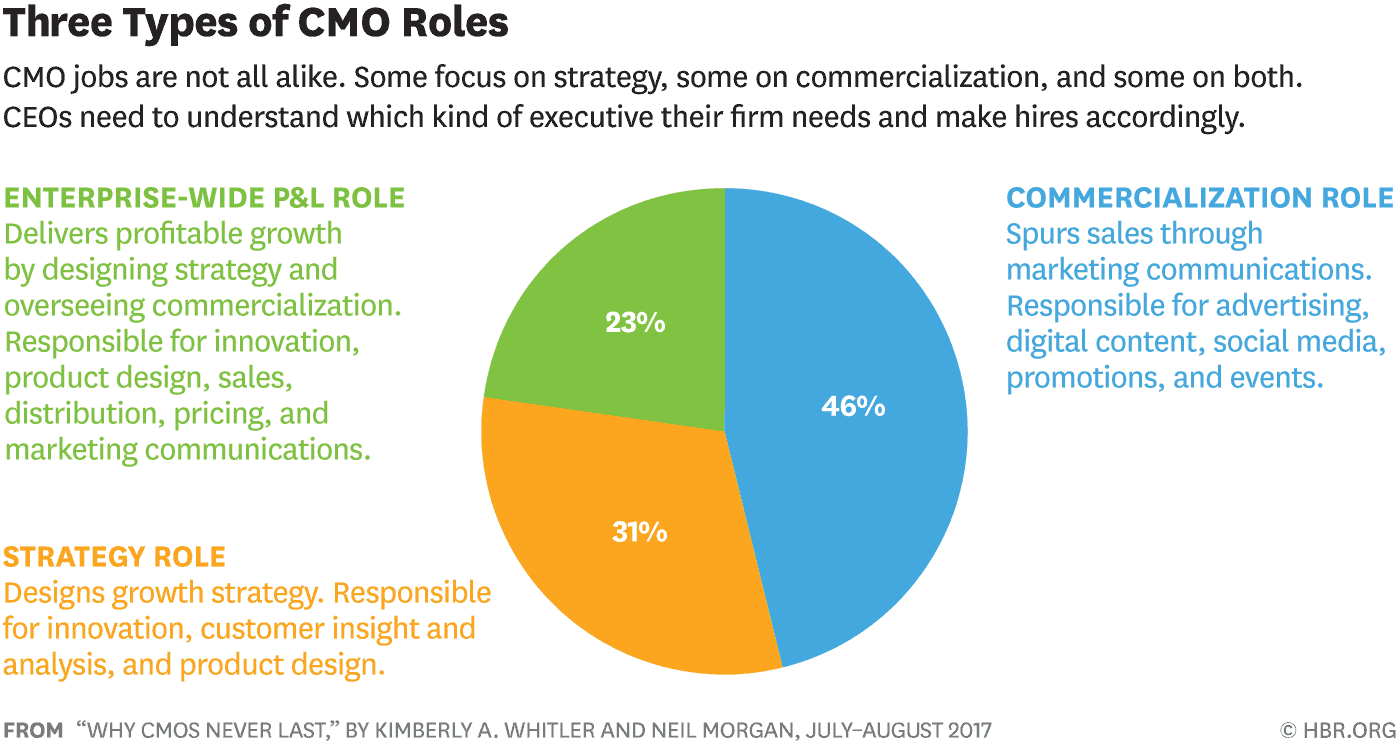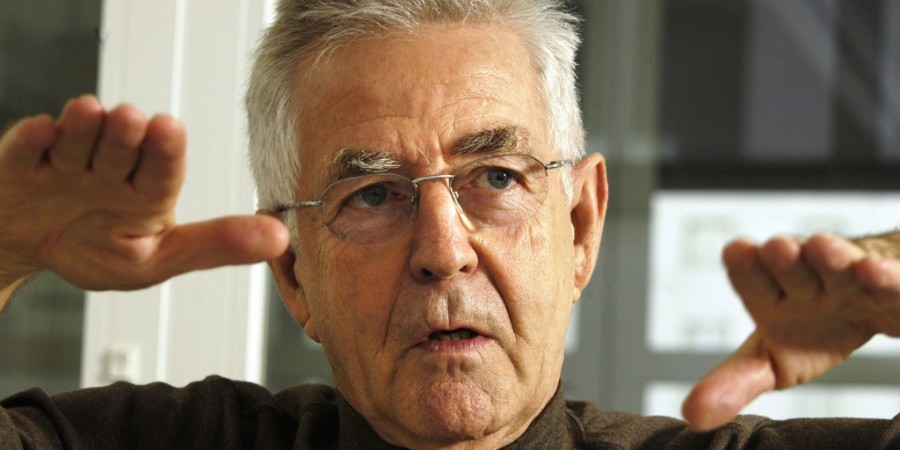Hiring a Product Manger? Beware of the dramatic change in the job.

The role of the product manager is expanding due to the growing importance of data in decision making, an increased customer and design focus, and the evolution of software-development methodologies.
Product managers are the glue that bind the many functions that touch a product—engineering, design, customer success, sales, marketing, operations, finance, legal, and more. They not only own the decisions about what gets built but also influence every aspect of how it gets built and launched.
Unlike product managers of the past, who were primarily focused on execution and were measured by the on-time delivery of engineering projects, the product manager of today is increasingly the mini-CEO of the product. They wear many hats, using a broad knowledge base to make trade-off decisions, and bring together cross-functional teams, ensuring alignment between diverse functions. What’s more, product management is emerging as the new training ground for future tech CEOs.
As more companies outside of the technology sector set out to build software capabilities for success in the digital era, it’s critical that they get the product-management role right.
Why you need a product manager who thinks and acts like a CEO
The emergence of the mini-CEO product manager is driven by a number of changes in technology, development methodologies, and the ways in which consumers make purchases. Together, they make a strong case for a well-rounded product manager who is more externally oriented and spends less time overseeing day-to-day engineering execution, while still commanding the respect of engineering.





